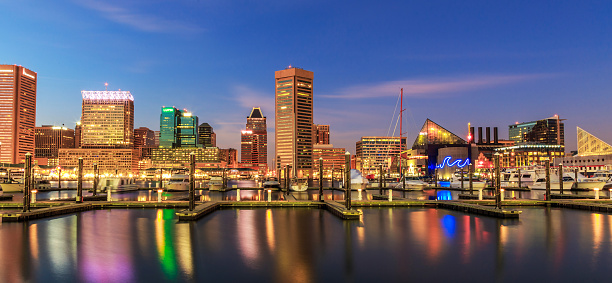
As a Legal Permanent Resident, a Green Card is evidence of your immigration status in the United States, and you are required to actually reside in the US.
A green card holder cannot be deported without due process, meaning that their legal permanent residence status must be revoked by an immigration judge before they can be deported.
Voluntarily Surrendering Your Green Card
- If any border patrol officer tries to pressure you into surrendering your green card at a point of entry, don’t do it, call your lawyer.
- Closely examine any documents you are asked to sign to make sure that you are not signing away your legal permanent resident status.
Advance Parole
- Someone with a pending green card application cannot travel out of the U.S without Advance Parole for that purpose. Even then, there are reports of people being arrested at the point of entry even with advance parole.
Valid Visa holders.
- A valid visa does not protect from deportation. Obtaining a nonimmigrant visa into the United States is a privilege and not a right. So, a foreign national can be deported even with a valid visa. If the conditions of the visa are violated, the US government can revoke that visa and deport them.
- For example, if there is found to have been fraud or misrepresentation in the original application process, that becomes a valid ground for revoking their visa even if they are in the US and they are law abiding. They could still be deported.
- If someone is found to have violated the conditions of their stay, such as working without authorization or committing crimes, those are clear violations, and the government can revoke their visa and deport them.
Mixed-status families
- Families with undocumented parents and US citizen children can be removed from the US together if they choose to stay together, or the undocumented parents will be removed leaving the children behind in the US.
Expired Green card
When you become a legal permanent resident, whether your green card is valid or not, unless revoked, you enjoy all the benefits that come with that status. Somebody who has a green card is allowed to live and work in the U.S for as long as their status is valid. An expired green card does not void legal permanent residence. A green card is only evidence of your status.
They have a right to a hearing in front of an immigration judge who will make the determination whether they are ineligible for that status based on prior conduct or conduct after obtaining the benefit and then revoke their status.
The green card holder may also voluntarily surrender their status as a legal permanent resident and self-deport or be removed by the government.
You might find yourself spending long periods of time outside the States. If absent for one year or more, you may be deemed to have abandoned your Legal Permanent Residence status – particularly if it’s determined that you have taken up residence outside the U.S. This determination is usually based on intent – whether by your actions, you indicate intent to be resident in any other country.
Frequent Travel
If a green card holder travels regularly and stays out for over 180 days without a reentry permit, they are exposed. Under US immigration law, a green card holder who stays out of the US for over 180 days is considered to be applying for admission and is subject to the discretion of the border agent who can interrogate you and demand proof of continuing ties to the U.S, to show that you have not abandoned your residence.
Re-entry Permit
If you plan on staying outside the U.S for over a year, you want to apply for a Re-entry permit before you leave. This permit allows a Green card holder to return to the US after an absence of up to two years. But it does not preserve your status for Naturalization.
The permit is valid for 2 years and upon expiration, you are required to re-apply for a new one – while physically present in the United States.
Possible Consequence of Long Stays Outside the U.S
Long absences from the U.S can prevent you from becoming a citizen because you may not meet the requirements for Naturalization. But if you apply to preserve residence for Naturalization purposes, your status in the U.S is maintained. This will allow you to apply for citizenship later.

